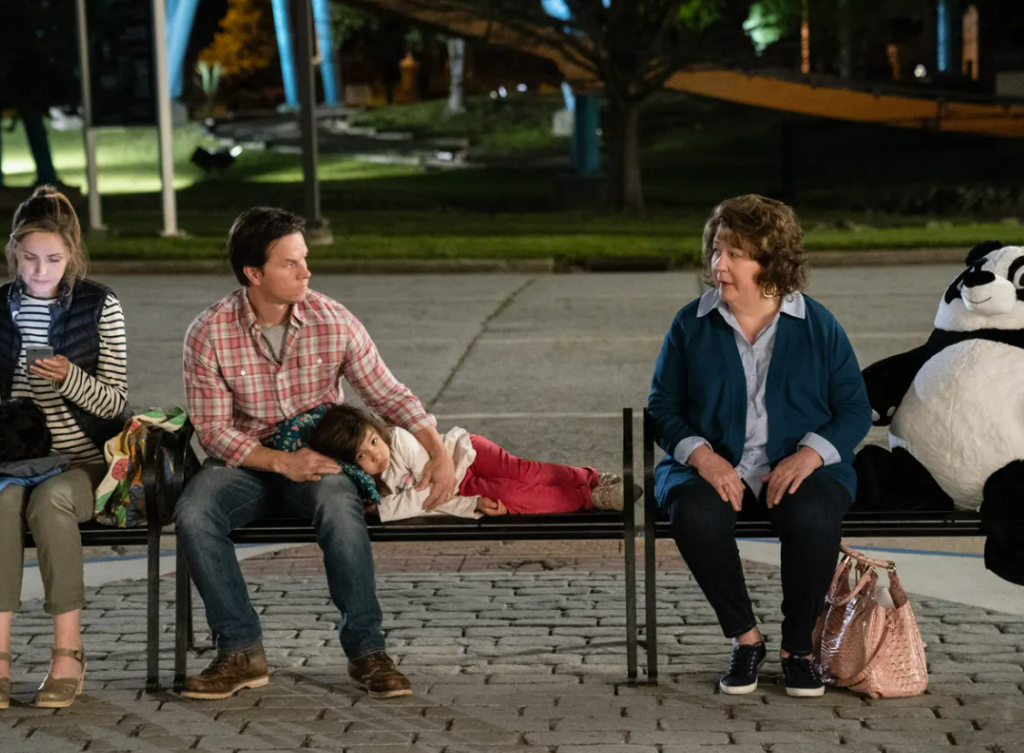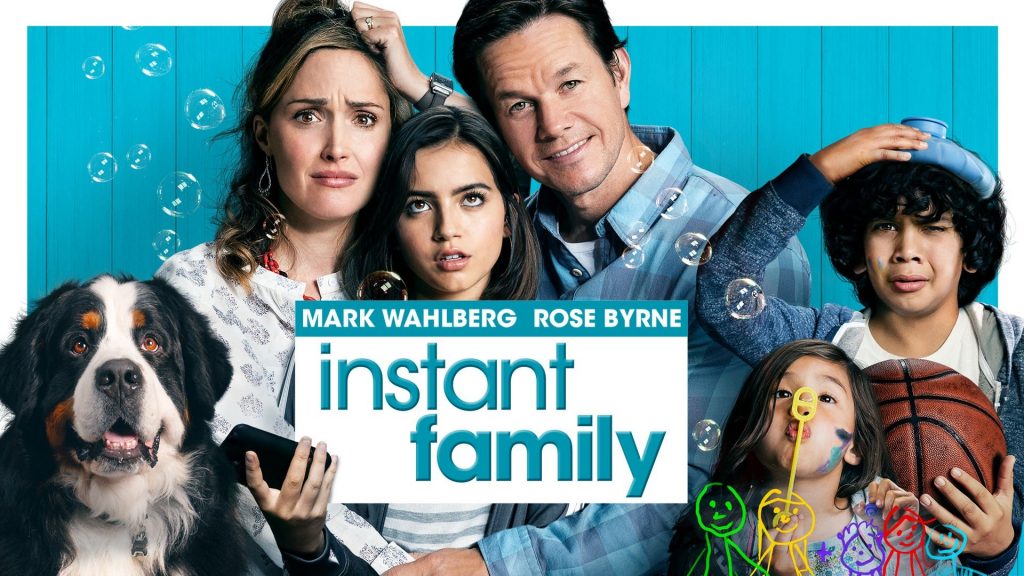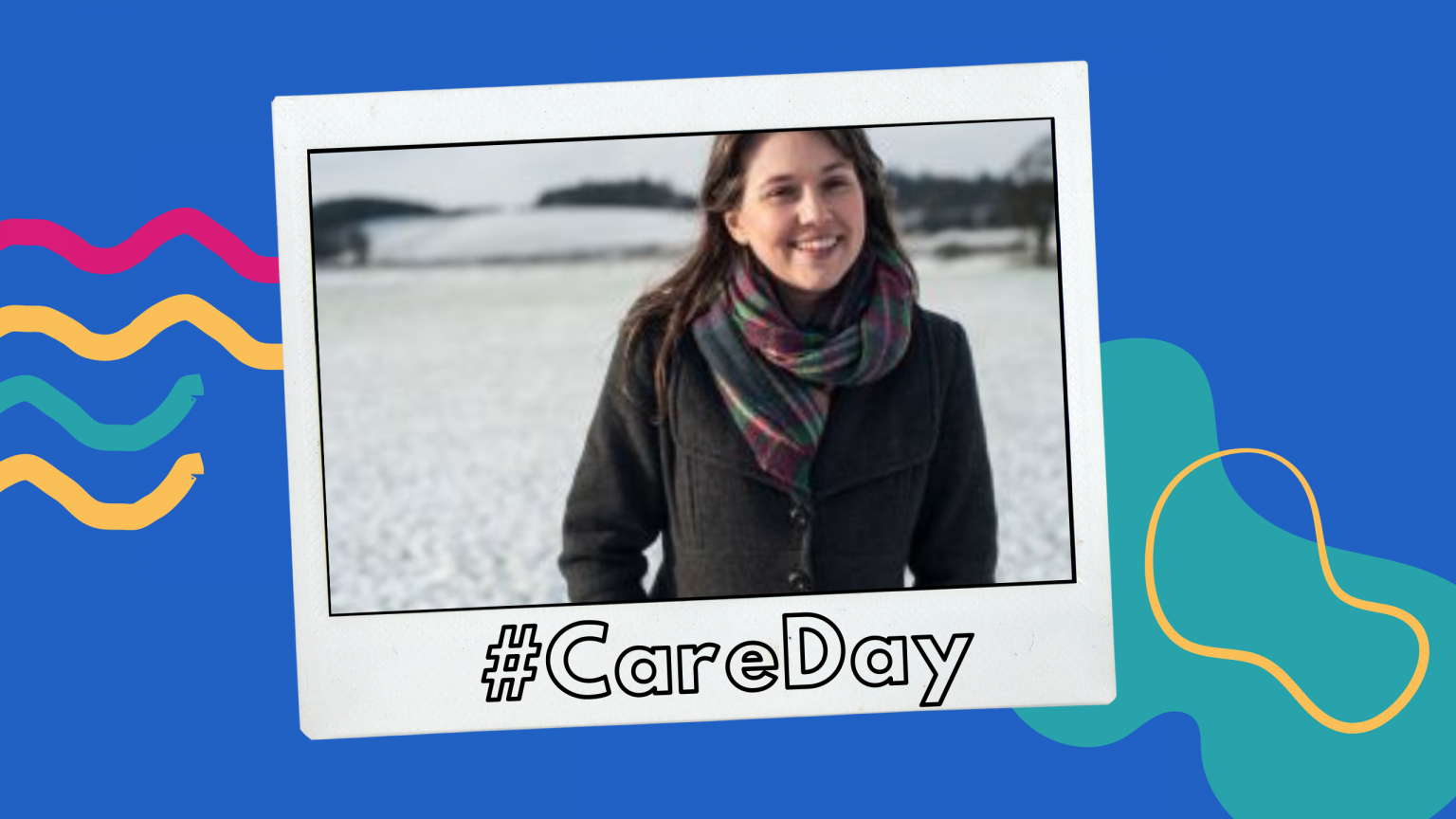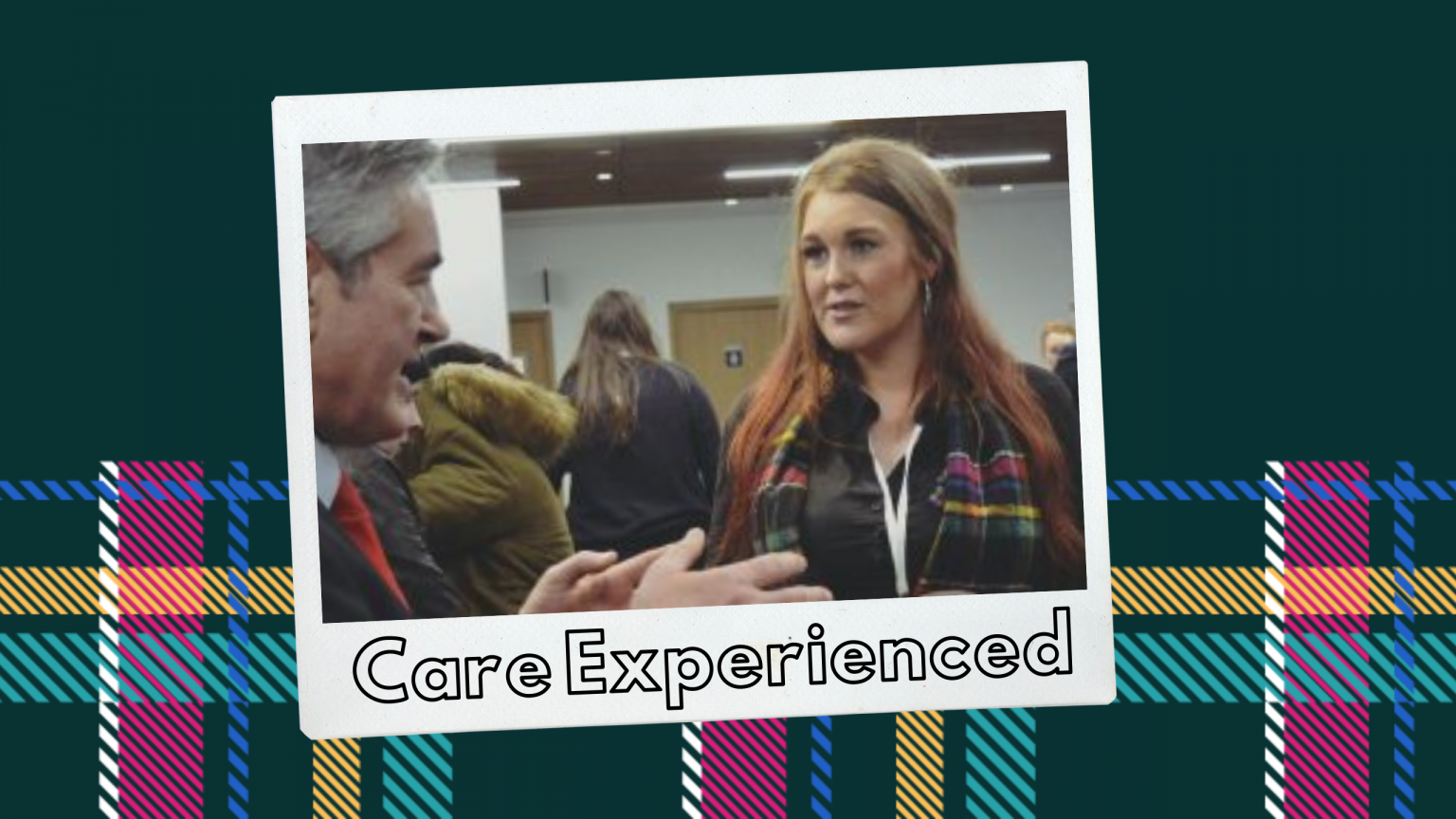Alejandro González Iñárritu, Director of Academy Award winning movies such as Babel, The Revenant & Birdman once said, “Cinema is a mirror by which we often see ourselves.”
Cinema has been a powerful way to change the narrative around how we understand issues of race, sexuality, gender & poverty. For many people around the world cinema is a mirror that shows society for who we truly are. It creates a record of how we’ve understood and behaved towards others, a commentary on how we understand issues of the day and a warning when our behavior should be called into question.
I love cinema. Whether it’s a CGI filled super-hero movie that gives me a sense of escapism or a gritty drama that lets me in on someone’s narrative around a particular person or issue. I’ve always loved turning the world outside off and devouring movie upon movie.
In today’s society the news channel someone watches or the newspapers they read are often used as a predicator for which views they’re likely to have. The movies and books people list as their favourite are held up as a way to understand someone’s personality.

I know through my years working in media that it shapes views. Whether it’s fictional or factual. That can be really empowering for groups in society. What happens when they get it wrong though? What happens when instead of seeing a mirror of yourself in the media you instead see a caricature or a distortion of who you really are? You inevitably feel disempowered as society suddenly begins to view you unfairly and inaccurately.
I know what that feels like. I’m Care Experienced and for too long, I’ve felt like a caricature. I’ve read books, watched TV shows and went to the cinema, hoping for a mirror which reflected my life in a fair and accurate way. It hasn’t really happened.
There are positive portrayals of those with experience of care. Harry Potter, Spider-Man and Luke Skywalker are some of those. There are also negative portrayals, Lord Voldermort, Paul Spector from the Fall & Joe Goldberg in Netflix latest binge TV series, You.
The trouble is that nobody is wholly good or evil. In life there is nuance, we are all capable of greatness, vulnerability and failure. Yet since before the time of Charles Dickens & Great Expectations all the way to record breaking Netflix series, the nuance hasn’t really been there. Until now.
The movie Instant Family starring Mark Wahlberg, Rose Byrne, Isabela Moner & directed by Sean Anders has bucked the trend. The story is based on Sean’s real life experience of fostering and then adopting three Care Experienced siblings. The movie is tear-jerking, will make your belly sore from laughing and leave you with as close an understanding of moments in the lives of Care Experienced people.
Two weeks ago, I organised an advanced screening for Care Experienced people and their allies from all over Scotland to understand exactly what they thought about the movie and whether it held a mirror up to the lives of Care Experienced people. I’ll let them tell you what they thought.
So from our family to yours. @yourSeanAnders @markwahlberg @isabelamoner @tomsegura and everyone else, thank you for showing Care Experienced people for everything they can be when they are given a lifetime of equality, respect and love. pic.twitter.com/Fw7hDUsWa6
— Who Cares? Scotland (@whocaresscot) February 2, 2019
In creating a movie where Care Experienced people are shown for everything we are and can be, if only we are given a lifetime of love, Sean Anders has done what others have failed to do. This movie holds a mirror up to my life and the lives of Care Experienced people all over the world. There are no caricatures, there is no lazy writing or skirting around the issues. We see how the behavior of a bureaucratic system creates difference in the lives of those with experience of care and it’s felt. It made me remember that feeling.
I remembered it when I watched the characters carrying their belongings in black refuse sacks. I remembered it when they had to go to ‘family court’ and navigate an adult world as children. I remembered it when the eldest sibling, Lizzie had her role as a carer for her brother and sister stripped from her.
I wasn’t just me that felt those similarities though. In the audience at the screening I organised was my little cousin who lives with my Mum. He’s seven years old, he loves football, playing his PlayStation and dressing up as a policeman. He’s yet to experience many of the tropes that would seek to make light of or use his life as a shorthand for troubled or damaged although it feels inevitable that he will.
He took the movie in, in a way that he has never taken in any movie before in his life and he said,
“This movie is kind of like me, because I live with you. It’s like you’ve adopted me.”
If a seven year old can see that this movie has got it spot on, then I believe that society will too.
You should go see the movie when it opens in cinemas across the UK tomorrow or buy the DVD if you’re in an area where it is already available and think about whether you can be part of the solution to give Care Experienced people a lifetime of equality, respect and love.









